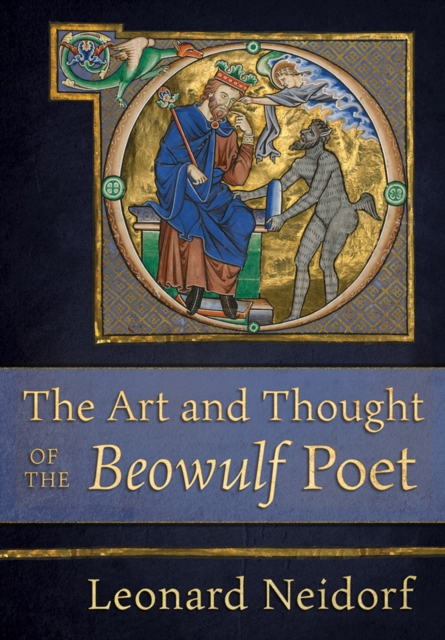
The Art and Thought of the "Beowulf" Poet PDF
by Leonard Neidorf
Description
In The Art and Thought of the Beowulf Poet, Leonard Neidorf explores the relationship between Beowulf and the legendary tradition that existed prior to its composition. The Beowulf poet inherited an amoral heroic tradition, which focused principally on heroes compelled by circumstances to commit horrendous deeds: fathers kill sons, brothers kill brothers, and wives kill husbands. Medieval Germanic poets relished the depiction of a hero's unyielding response to a cruel fate, but the Beowulf poet refused to construct an epic around this traditional plot. Focusing instead on a courteous and pious protagonist's fight against monsters, the poet creates a work that is deeply untraditional in both its plot and its values. In Beowulf, the kin-slayers and oath-breakers of antecedent tradition are confined to the background, while the poet fills the foreground with unconventional characters, who abstain from transgression, display courtly etiquette, and express monotheistic convictions.
Comparing Beowulf with its medieval German and Scandinavian analogues, The Art and Thought of the Beowulf Poet argues that the poem's uniqueness reflects one poet's coherent plan for the moral renovation of an amoral heroic tradition. In Beowulf, Neidorf discerns the presence of a singular mind at work in the combination and modification of heroic, folkloric, hagiographical, and historical materials. Rather than perceive Beowulf as an impersonally generated object, Neidorf argues that it should be read as the considered result of one poet's ambition to produce a morally edifying, theologically palatable, and historically plausible epic out of material that could not independently constitute such a poem.
Information
-
Download - Immediately Available
- Format:PDF
- Pages:216 pages
- Publisher:Cornell University Press
- Publication Date:15/01/2023
- Category:
- ISBN:9781501766923
Other Formats
- Hardback from £31.39
- EPUB from £21.31
Information
-
Download - Immediately Available
- Format:PDF
- Pages:216 pages
- Publisher:Cornell University Press
- Publication Date:15/01/2023
- Category:
- ISBN:9781501766923






